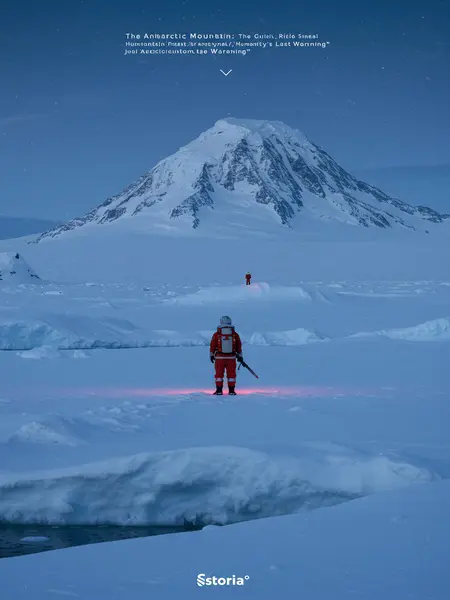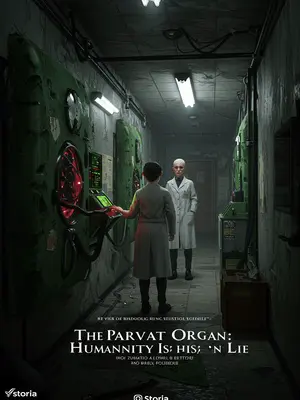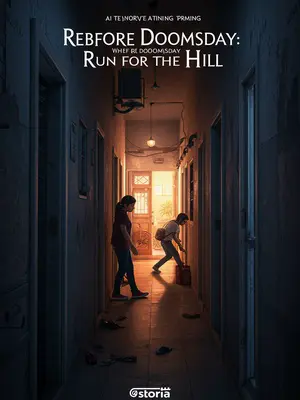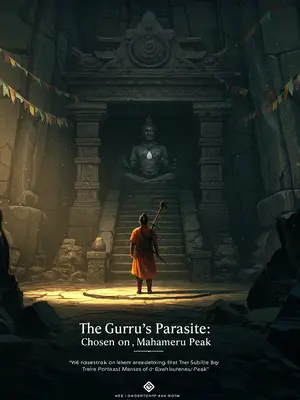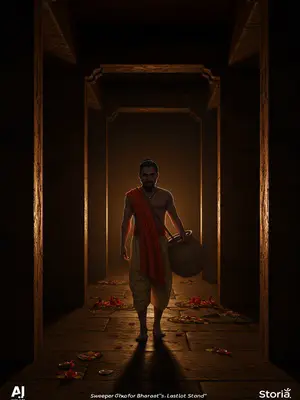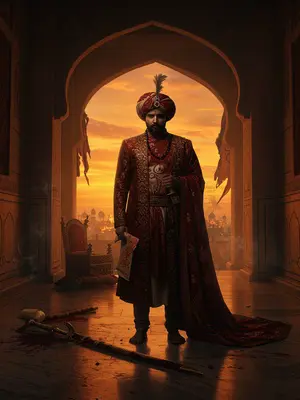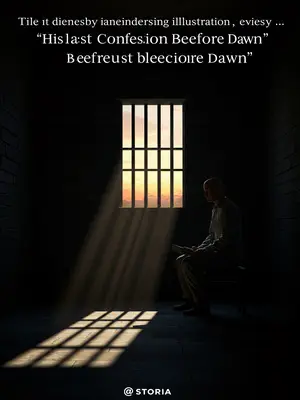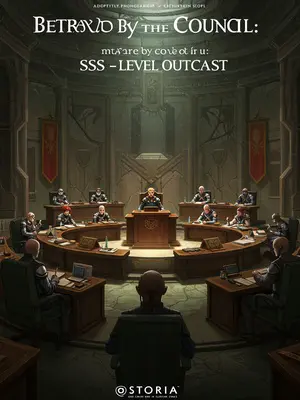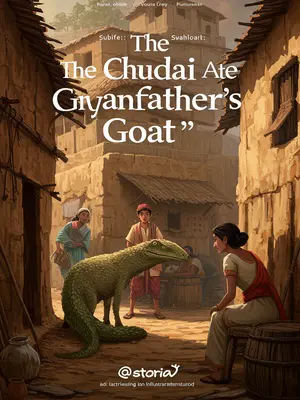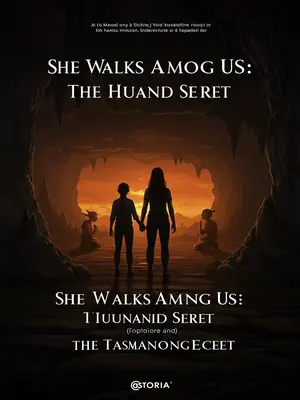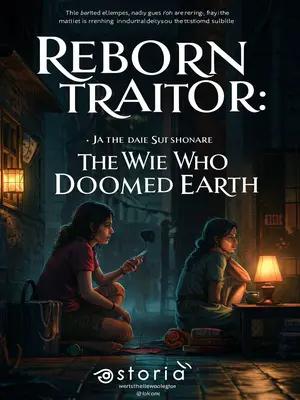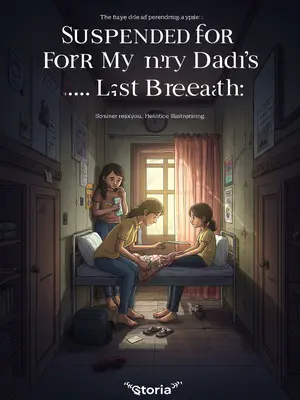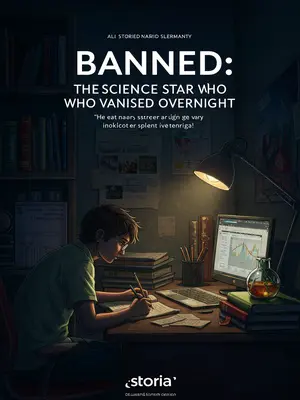Chapter 2: The Call
My name is Rohan Menon, and I am an intern researcher at the West Bengal State Earthquake Bureau.
Sometimes I still marvel at my own journey. A boy from Thrissur, Kerala, finding himself in Kolkata, braving both the heat and the cold bureaucracy of government service. The framed photo of Rabindranath Tagore on the office wall always seemed to watch me with gentle amusement, as if asking, ‘What are you doing here, Rohan?’
On the night of November 11th—right after India’s massive Diwali sale season—I had just switched off a Flipkart shopping livestream and was about to sleep when the bureau chief suddenly called, ordering everyone to assemble immediately.
It was that classic post-Diwali lull—leftover sweets in the fridge, streets still glinting with faint trails of spent fireworks. My phone buzzed insistently. I grumbled, “Kya yaar, abhi abhi toh sale khatam hua,” and dragged myself out of bed, putting on a crumpled kurta over my pyjamas before leaving my PG room.
Rubbing my eyes, I walked into the meeting room, only to learn that a magnitude 12 earthquake had struck Antarctica.
The fluorescent tube light flickered above us, casting a sickly glow. The smell of stale samosas lingered in the air, and somewhere a steel tiffin box clinked as someone shifted in their seat—a true Indian office scene. My colleagues, some still yawning, others clutching cups of instant coffee, all went silent as the bureau chief pointed to the screen. A chill crept down my spine that had nothing to do with the AC.
Images from ISRO satellites showed the Antarctic continent on the verge of collapse:
Cracks hundreds of kilometres long split the Antarctic ice sheet.
Magma spewed from the fissures, only to be doused by the frigid sea and snow, solidifying into vast fields of black basalt.
It was truly a saga of ice and fire—the most powerful earthquake in human history, perhaps even in the history of the planet.
A senior colleague, Dr. Sen, muttered, “Ye toh Mahabharat ka pralay lag raha hai.” Another piped up, “Bas, ab toh Krishna hi bachaye.” For once, everyone nodded, speechless, as images of ice and fire filled the big screen. Outside, a rickshaw’s bell echoed eerily, a reminder that the rest of Kolkata was still blissfully asleep.
The bureau chief frowned, pointing at the map:
"Seismic waves have already impacted South America, Oceania, and Africa.
"Chile, Argentina, Brazil, and Uruguay are being hammered by massive tsunamis. The disaster in New Zealand is also extremely severe.
"As for Africa, we haven’t received data yet, but the outlook is grim.
"The central government requires every state to assemble expert teams and gather in Delhi overnight.
"Once the aftershocks subside, you’ll fly to Antarctica to conduct post-quake surveys, collect data, assess the disaster, and so on.
"This is a catastrophe for all humanity; no one can stand by and do nothing."
The words hung in the air, heavier than the city’s pre-monsoon humidity. There was no drama, no panic—just the silent understanding that something truly historic had begun. Someone’s phone vibrated, playing a Bollywood ringtone, and the chief shot them a glare sharp enough to silence the whole room.
